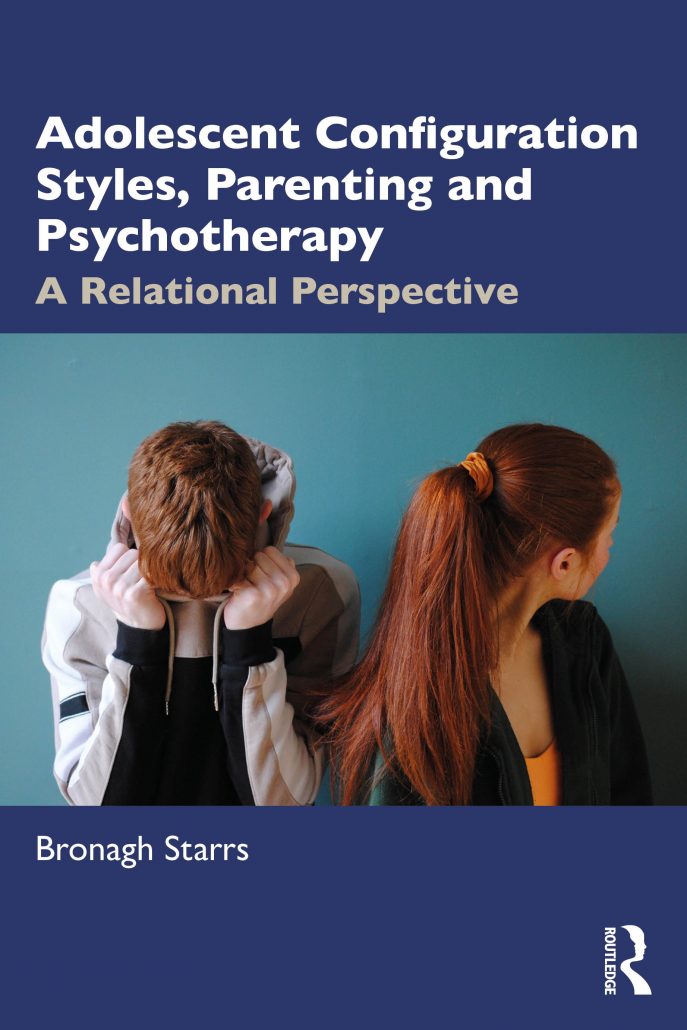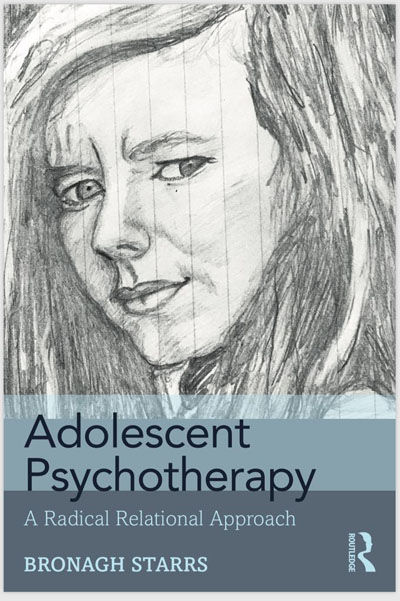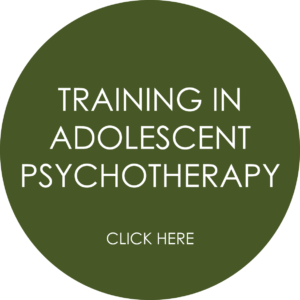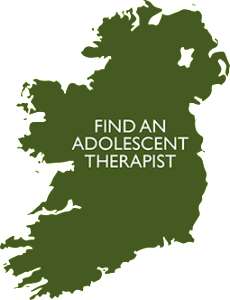About The Book: Adolescent Configuration Styles
Adolescent experience is becoming increasingly complex as young people adjust and respond to living in our present-day world. Mental health has become the principal concern, as adolescents struggle with a host of issues such as anxiety, school attendance and academic pressure, gender diversity, substance misuse, navigating social media and living in often complicated family compositions on a vulnerable planet.
Starrs presents a contemporary understanding of adolescence, identifying three principal character styles and offering experience-near descriptions of the modern-day adolescent. As young people have evolved, so too have parenting approaches. The author demonstrates how each configuration style in adolescence elicits a predictable response in parents. She examines the many challenges and dilemmas facing parents in today’s world, highlighting the patterns and pitfalls which often render parental interventions ineffective. Developmentally attuned parenting strategies are outlined, pertaining to each configuration style. The in-depth analysis of adolescent process and parental response has implications for the therapeutic encounter. This book provides psychotherapists with a clear theoretical understanding and practical application. Intervention focuses both on one-to-one work with the adolescent and parental involvement. The complexity of working with adolescents and parents who demonstrate psychological entrenchment is also outlined. This highly readable original and exceptional contribution is and suitable for psychotherapists, allied professionals and parents alike.
Endorsements:
“Starrs integrates psychological theory, developmental neuroscience, deep clinical wisdom, and profound empathy into a highly readable guide that belongs in the hands of anyone who cares for teenagers and their parents.”
– Lisa Damour, PhD, New York Times bestselling author of Untangled, Under Pressure, and The Emotional Lives of Teenager
“There are few who can match Starrs’ depth of phenomenological attunement and degree of
therapeutic sensibility with adolescents. She illustrates a masterful approach. A must-read for
therapists, parents and anyone involved in the lives of teenagers.”
– Richie Sadlier, bestselling author of Recovering and Let’s Talk
“ From beginning to end the book oozes rich and meaningful therapeutic experience. A must read for anyone engaged in therapeutic work with adolescents, or in any other domain, and for parents.”
– Dominic McSherry, PhD, Reader in Psychology, Ulster University and Editor-in-Chief, Journal of Child and Adolescent Trauma
“At last, we have a book which offers a framework for understanding the teenager’s psychological world. Starrs’ work is directed towards development and growth, not on the pathology of adolescence. A joy to read.”
– Irena Bezić, PhD, Co-founder of Centar IGW Zagreb & European Association for Psychotherapy President.
“I was enthralled by the examples, they relate so well to my own experience of young people, as a professional and a parent of four. This is essential reading for all who work therapeutically with adolescents.”
– Sue Pattison, PhD, Co-Editor The Sage Handbook of Counselling Children and Young People.
About The Book: Adolescent Psychotherapy
Counsellors and psychotherapists are faced with ever-increasing complexity in their work with adolescents. The author offers an understanding of developmental and therapeutic process from a relational-phenomenological perspective. Throughout the book, the clinician is offered extensive relational and creative strategies to support integrity repair for the adolescent.
Adolescent Psychotherapy: A Radical Relational Approach will help clinicians develop deeper levels of competency in their work, as they navigate the complex and fascinating experience of therapy with teenagers. This exceptional contribution is suitable for experienced practitioners and students of psychotherapy.
Endorsements.
“Taking insights and perspectives to a new place, revealing entirely new implications and applications, Starrs has developed a brilliant vision and fierce commitment to understanding and healing troubled adolescents. If you work with adolescents and their families, read this book; and then read it again. It will change the way you work.”
– Mark McConville, Ph.D., author, Adolescence: Psychotherapy and the Emergent Self
“For years colleagues have raved to me about Bronagh Starrs’ work with adolescents — now I understand why. This book is essential reading for adolescent therapists and counselors. Starrs places the emphasis of her approach right where outcome research shows it should be: on the therapeutic relationship itself. Each chapter offers rich, practical insights, grounded and unified by this clear relational perspective.”
-Gordon Wheeler, Ph.D., President, Esalen Institute. Co-editor The Heart of Development: Gestalt Approaches to Children, Adolescents, and their Worlds (Vol. I: Childhood; Vol. 2: Adolescence).
“This practical and sensitive book should be in the hands of every adolescent psychotherapist. So well-written that it is hard to put down, this book is a humanistic treasure.”
– Donna M. Orange, Ph.D., Psy.D., author, The Suffering Stranger: Hermeneutics for Everyday Clinical Practice and Nourishing the Inner Life of Clinicians and Humanitarians: The Ethical Turn in Psychoanalysis
“I once saw an expert kayaker take only one precise paddle stroke before calmly navigating a terrifying rapid. This image was brought to mind while reading Bronagh Starrs’ incisive reflections and advice about how to help adolescents in the therapeutic context. All of us who work with teenagers will benefit from her expertise.”
– Peter Mortola, Ph.D., Professor of Counseling and School Psychology at Lewis and Clark College in Portland, Oregon, author of Windowframes: Learning the art of Gestalt play therapy the Oaklander way.
“Such an informative, readable, and humane book on therapy with suffering adolescents. A trove of helpful inspiration and ideas, as well as theory to support your practice, for anyone who treats adolescents.”
– Lynne Jacobs, Ph.D., co-founder of the Pacific Gestalt Institute, and Training and Supervising analyst at the Institute of Contemporary Psychoanalysis, Los Angeles.
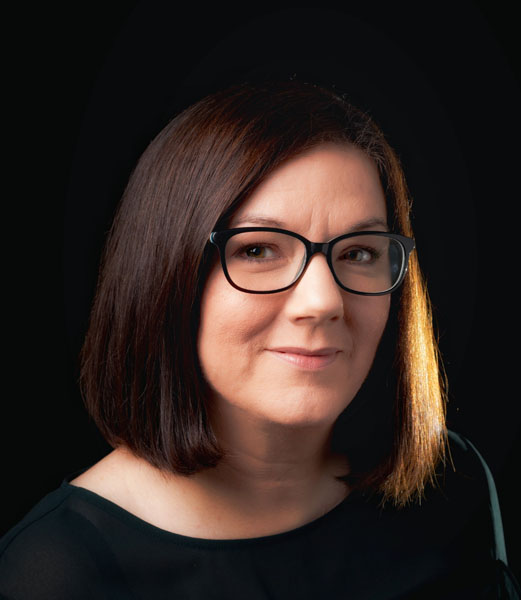
About The Author
Bronagh Starrs is Creator and Programme Director of the MSc Adolescent Psychotherapy at Dublin Counselling & Therapy Centre in partnership with University of Northampton. She is also Director of Blackfort Adolescent Gestalt Institute and maintains a private practice in Omagh, Northern Ireland, as an adolescent psychotherapist.
Blackfort Adolescent Gestalt Institute
Blackfort Adolescent Gestalt Institute, based in Ireland, is an international study and research centre which offers professional training and consultation in the area of adolescent development and psychotherapy from a Gestalt Relational perspective.
“There is an ordinariness to the relationship, the dialogue, the learning, that conceals the power of the enterprise. When we look back over our own developmental journeys through adolescence and identify what we received from the adult world that helped us get through (or what was missing that would have made a difference), we nearly always discover something simple and largely unintentional, but, by the same token, something profoundly human and reassuring. Some senior member of the tribe stopped and took us in, got interested in us, and thereby got us interested in ourselves, in ways we had not quite expected. Someone sought us out, found us wandering and alone, took us by the hand (however momentarily), and led us to the light.”
Mark McConville

